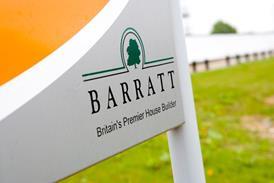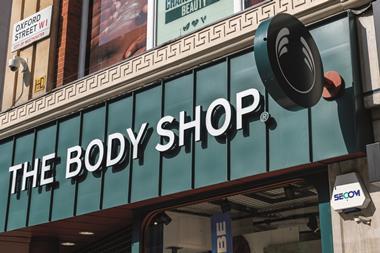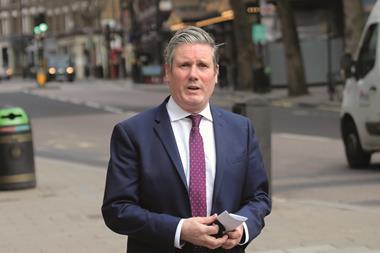The Lib Dems are pressing George Osborne to bring the 2015 Budget forward to stop him using it as a pre-election giveaway.

Fat chance. As last week’s Autumn Statement showed, he will use every tool in the box to persuade voters their choice is between competent tough love from the Conservatives or giving the keys of the car back to the team that crashed it only five years ago.
Osborne is acknowledged as the Tories’ master strategist and it showed in much of last week’s announcements. The stamp duty changes will hit high-end property prices, although probably not for long. But 98% of transactions will now be cheaper, and that’s good news for buyers and sellers alike. Like so many other of the goodies on offer, it will have minimal impact on the public finances but is a nod in the direction of the hard-pressed middle-class family. Children will now not be liable for air-passenger duty when the family goes on holiday.
By putting up the personal allowance by £100, he gives lower-end earners more than a whole pound a week extra to spend. Search-and-rescue charities will be able to claim VAT refunds. Transitional rate relief has been extended, small-business relief doubled and the high-street discount increased to £1,500 a year from next March. In reality, none of these no-doubt worthy changes are likely to move many voters’ minds but they might mask the real issue, of the continued massive budget deficit.
Osborne again claimed last week ‘the deficit’ is coming down. It is true that the annual gap between what we earn as a nation in tax and what we spend — the budget deficit — has reduced. It was last in surplus in 1997, when the Tories finally brought public spending under control, but after Gordon Brown’s prudence flashed her credit card, the deficit boomed to a whopping £170bn by 2010. It has since fallen over each of the last four years but our total national indebtedness has risen by an average of £100bn a year and is now at £1.5 trillion.
Whoever is Chancellor after the next election has to find massive savings in comparison with anything we have seen so far while boosting the economy to increase tax receipts. Labour talks the politics of envy — bankers’ bonuses, mansion taxes, higher-rate income tax and so on - as if you could ever make the poor richer by just making the rich poorer. It is a corrosive message that is economically incoherent. Look across the Channel for what happens when socialist rhetoric triumphs over economic logic.
The Conservatives talk of more cuts to welfare bearing down on single parents and child benefits. The assumption is these cuts are popular with hard-pressed tax paying families. But while taking with one hand, Osborne has just promised another £2bn for the NHS. Many commentators have warned that this makes little sense against the background of the need for really serious cuts in public spending.
To avoid appearing as incoherent as his opponents, he has to set out what a Conservative government would do to reduce public spending across the board while increasing the tax take not by upping rates, which seldom works, but by cutting them to encourage more businesses to move to the UK and more UK employers to invest in innovation, training and employment. The number of government departments has mushroomed over recent years. Is it time to kiss goodbye to DECC and DCMS? Do we really need so many public servants housed in central London? Can we afford an independent nuclear deterrent? We have heard little of this sort of debate during the last five years.
As Cameron and Osborne look beyond the coalition they must spell out a much clearer message, shorn of gimmicks and crowd-pleasers. Voters are not stupid. They know that some changes will be painful. But they want honesty and clarity more than nods and winks.
Steve Norris is a former Conservative minister and London mayoral candidate. He is chairman of Soho Estates and the National Planning and Infrastructure Association






























No comments yet